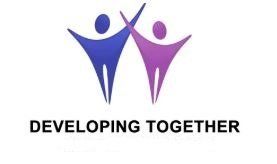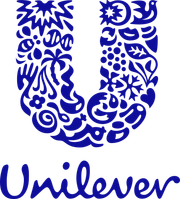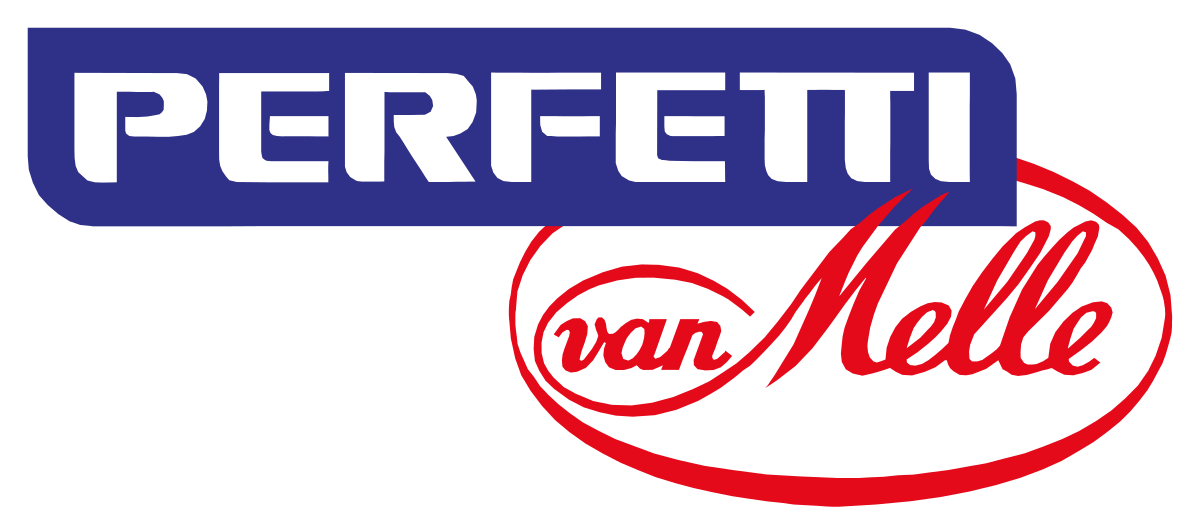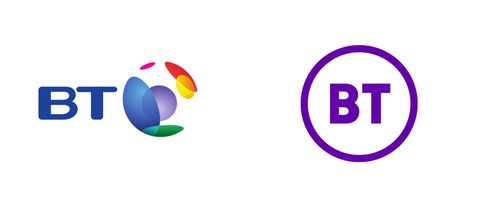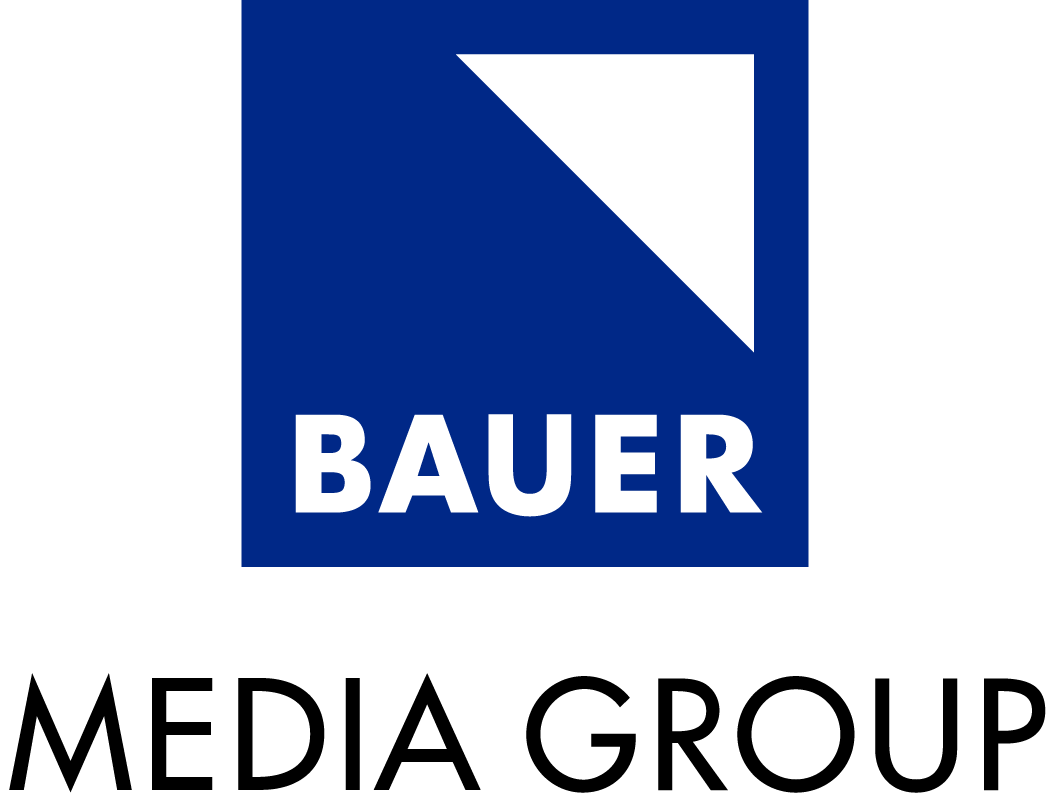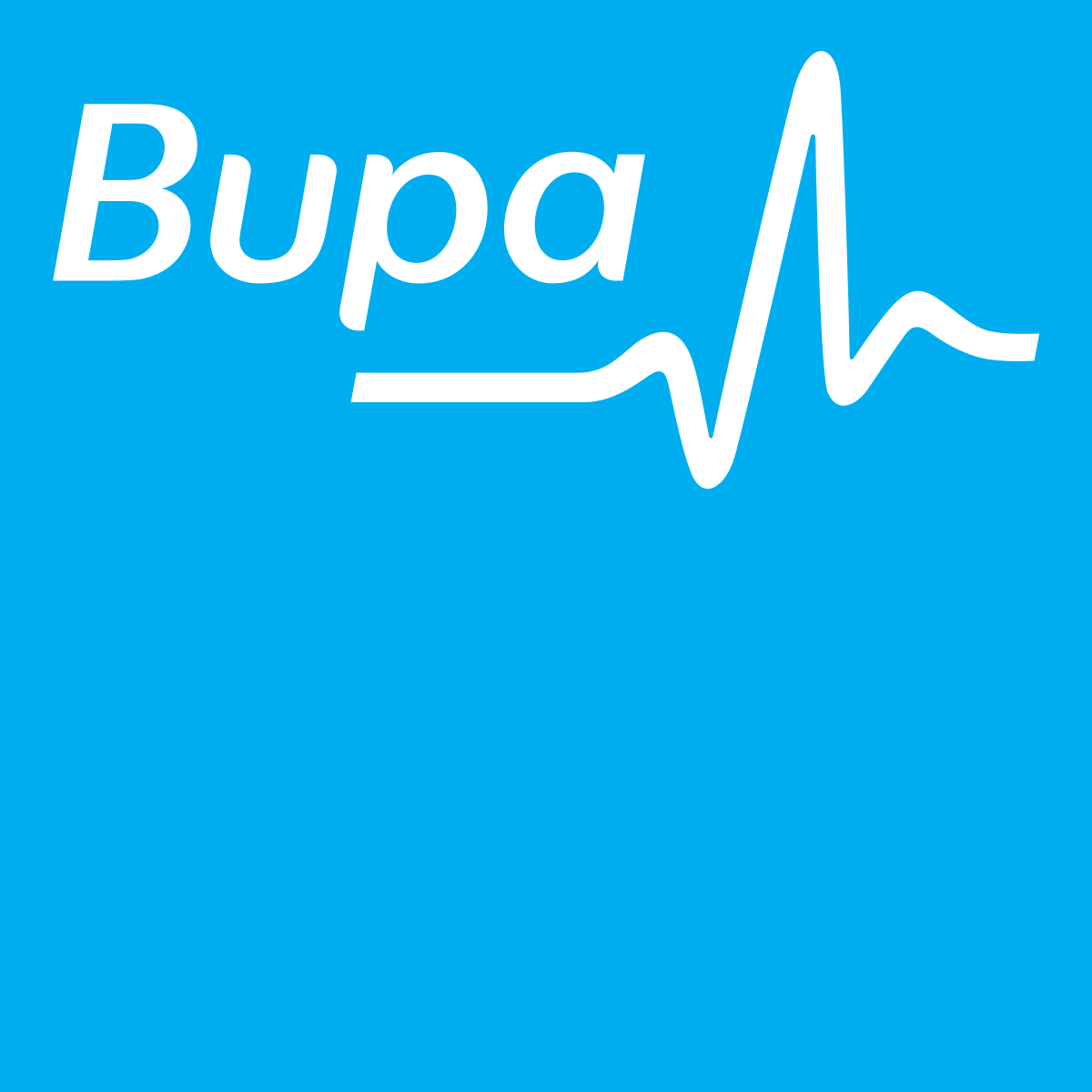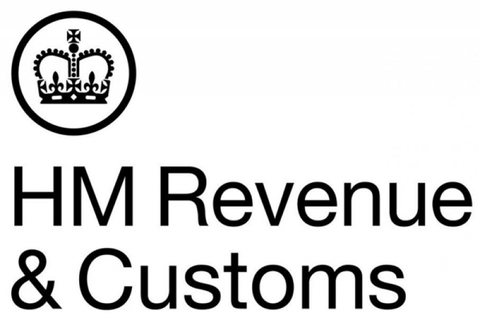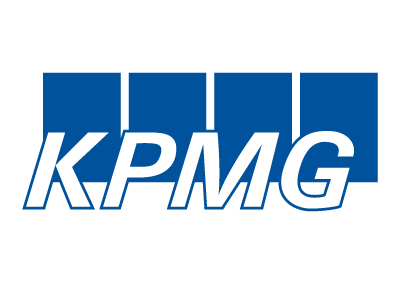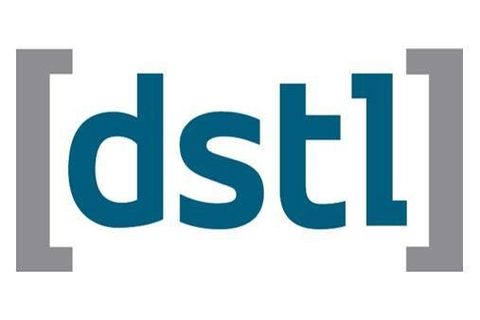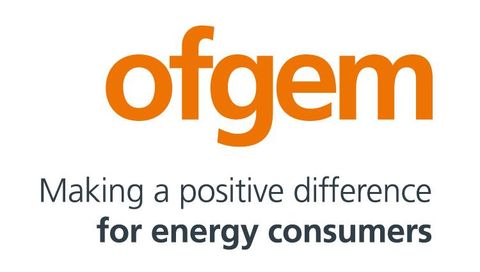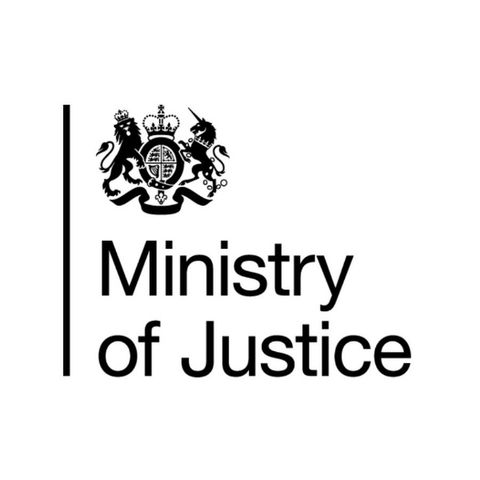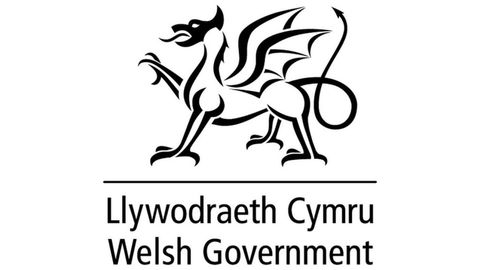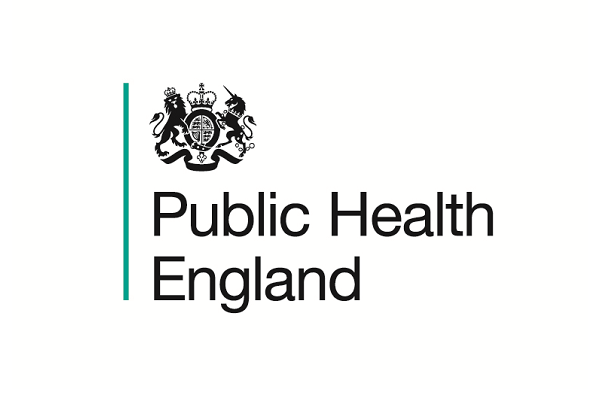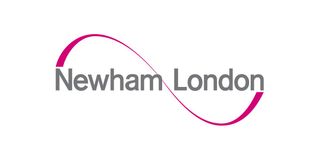Who We Work With
- Department for Work & Pensions: Insights Workshop Case Study
Situation
The Department for Work and Pensions (DWP) is the UK’s largest public service department. Faced with implementing a transformation and restructuring programme across the organisation, Amy Dawson, Senior HR Business Partner at the DWP, approached us to design and deliver a training course for her team of HR Business Partners, to provide them with support at this challenging time and to develop their skills and resilience.
We proposed using the Insights Discovery methodology as the basis for the programme; as Licensed Insights Practitioners we could apply Insights material to a wide variety of learning activities, from change management programmes to team building events, sales training and leadership coaching.
Challenge
Each of the HR Business Partners supported a different directorate within the department. It was therefore decided to run the course twice: once for the HR team and once for the members of the SLT they each worked so closely with.
We therefore needed to position the material carefully to suit the different needs and perspectives of each group of delegates, and to support them with the variety of challenges they would be facing during this period of wide-ranging organisational change.
Action
Julia first drew up a questionnaire and distributed it to all the delegates, to gather the data which would help them determine their unique profiles.
She then designed and ran two one-day training courses, one for the HR Business Partner team and one for the SLT. With each group she covered the following key topics:
- Overview of the Insights Discovery methodology
- Analysis of the questionnaire results to determine each delegate’s profile
- Detailed study of each profile
- Exploration of how to apply the tool, in particular:
- Understanding the potential strengths of each profile and the challenges they may present
- Practising how the delegates might adapt their communication style to suit the preferences of others.
- Examining how each delegate’s profile related to their role in the team
- Investigating how the balance of profiles within a team can impact on its dynamics and performance
- Action planning to consider how to use the material back in the workplace
Results
Feedback from the delegates indicated that they found the event enjoyable, stimulating and challenging:
- The HR Business Partner team focused on how they could use the material to promote their engagement with stakeholders across the business, to raise their self-awareness and to re-examine how they communicate – especially with the SLT
- The SLT focused on the strategic possibilities of the material, with a number of directors committing to put their own teams through the training to support them through the organisation’s ongoing transformation programme.
- DSTL: Supplier & Customer Engagement Training Programme
Situation
The Defence Science and Technology Laboratory part of the Ministry of Defence who maximise the impact of science and technology for the defence and security of the UK approached us to revise their Supplier and Customer Engagement Training programmes for their staff. They were particularly keen to combine best practise in the classroom with an opportunity for staff to practice and receive individual feedback.
Challenge
To simulate complex and real customer and supplier meetings for delegates to practice their skills in a safe and secure environment
Actions
Firstly meetings with the L&D dept and potential attendees to understand the requirement and the current offering i.e. what was required, what was working well on the existing programmes and what improvements could be made.
Quickly it was identified that the existing half day programmes whilst providing delegates an opportunity to practise and receive some feedback were not delivering new skills to be discussed, tried and tested. The courses went from half a day to a full day with a maximum number of 8 attendees and two pilots delivered to potential attendees and stakeholders. The first part providing delegates an opportunity to develop their skills using a variety of learning interventions including input from the trainer and two actors. The second part of the day used Forum Theatre. Each delegate was allocated a comprehensive brief and a meeting simulated with a briefed actor who played the customer or supplier. The situations and roles we developed were detailed to simulate “real life in DSTL” with their customers and suppliers. The meetings were safe, lifelike and provided delegates with the opportunity to try out new skills. They could call “time out” at any time to discuss where to go next with the actor, trainer and observing delegates. Each delegate received ongoing feedback, the chance to reflect and have more practice
Result
Fantastic feedback and waiting lists to attend when word got around.
- Case Study - Mediation Public Health England
Situation
The relationship between two senior doctors leading research teams had broken down and despite efforts to put professionalism at the forefront, there was an impact on their respective teams and team working between the two.
Challenge
Poor relations continued for sometime before mediation was considered as an option for the two parties and at first both parties were reluctant to enter the process.
Action
Developing Together were approached to facilitate a two party mediation between the doctors. Firstly calls took place to explain the mediation process and answer any questions. It is important that both parties go into the process well informed and voluntarily. A mutually convenient date was set in place off -site.
Initial meetings were held with each party, explaining the process, what to expect and the format of the day. An opportunity for each party to explain and explore the background in a safe non-judgemental space was provided.
Second individual meetings were then held to prepare each party for the joint meeting. Once both parties were willing to proceed to the next stage the joint meeting took place in an atmosphere of collaboration and forward planning. Once areas of agreement were established and recognised we were able to formulate how both parties would move forward. Our mediator took a facilitative role enabling the parties to air reviews, resolve conflict and move forward.
Result
A workable agreement was reached and subsequent actions for each party should the agreement break down. We checked in a month later and periodically after that and the day had been worthwhile and relations between both parties and their respective teams remain intact.

Slide title 1
"Can’t wait for my next customer meeting!"
"At first I felt self-conscious, however it was a great way to explore and test, thank you for a great course."
"I learnt so much on this course, not only from the practice but from seeing how others dealt with situations."
Feedback from the Customer Engagement Programme, DSTL
Slide title 2
"Hi Julia, I attended your course on being interviewed. I just wanted to let you know that I got the promotion! I'm so pleased, thank you so much for your help, I don't think I would have been successful without it!"
A text from Rachel at Ofgem
